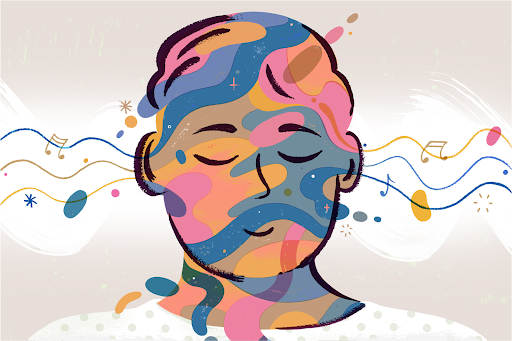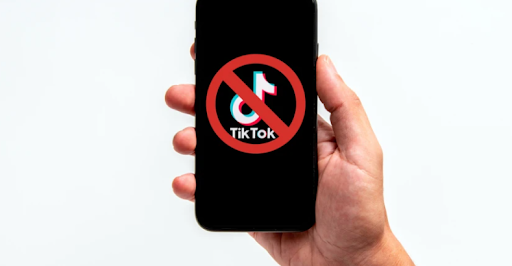The Impact of Music

(Photo Source: Jaime Jacobs, nytimes.com)
October 31, 2022
Music has numerous impacts on one’s mood and mental health. It can benefit people without them even realizing. It is found everywhere in our daily lives, and is an essential part of who we are.
Going more in depth about its effect on health, according to healthline.com , music triggers the release of neurochemicals that play roles in brain function and mental health itself. It releases chemicals such as, dopamine, which is a chemical associated with pleasure, stress hormones like cortisol, and more.
A junior at Whittier Tech was asked how music has possibly helped with their mental health: “music has always been a coping mechanism for me”, she explains. Some studies even show that just listening to music can improve one’s quality of life.
Music connects us. There is so much to music, the genres, instrumentals, the lyrics, you are able to connect with another person with just a simple talk about its depth.
Another neurochemical that is released while simply listening to music is oxytocin, it is chemical that motivates the ability to connect to others. The same anonymous Whittier Tech junior was asked how music has impacted their life. They shared, “I would say it has helped me create connections with a lot of people, as in building relationships, good conversations, and more.” Some human beings have grown a dependence on music as a communication tool.
How does music simply improve your mood? It is shown that it has the power to change emotions and help process one’s feelings. Music mixed with nature sounds can calm anxiety, distract the mind from what it may be stressing about and relax you within minutes.
Forms of music can assist you when needing to focus on types of work, help you focus more on what you are doing rather than being distracted by sounds surrounding you. From the same article, healthline.com, particularly classical or jazz music has a constructive effect on depression symptoms.
Acknowledging how music can affect your mood, connections, and mental health, people use it to not only enjoy, but to help themselves.











Courtney Sylvanowicz • Jan 12, 2023 at 9:53 am
I think this was very well written. I definitely agree with the importance of music and the various effects it has on people. I enjoyed how to showed the actual neurological effects of music, but also had people’s opinions on it. A very interesting article.
Abby Dube • Nov 7, 2022 at 8:13 am
This is a well written piece, I agree with Katelyn music does impact someone whether we notice is or don’t. Music can impact us in a positive or negative way. I believe Katelyn wrote this article well and really showed us how music can impact us.